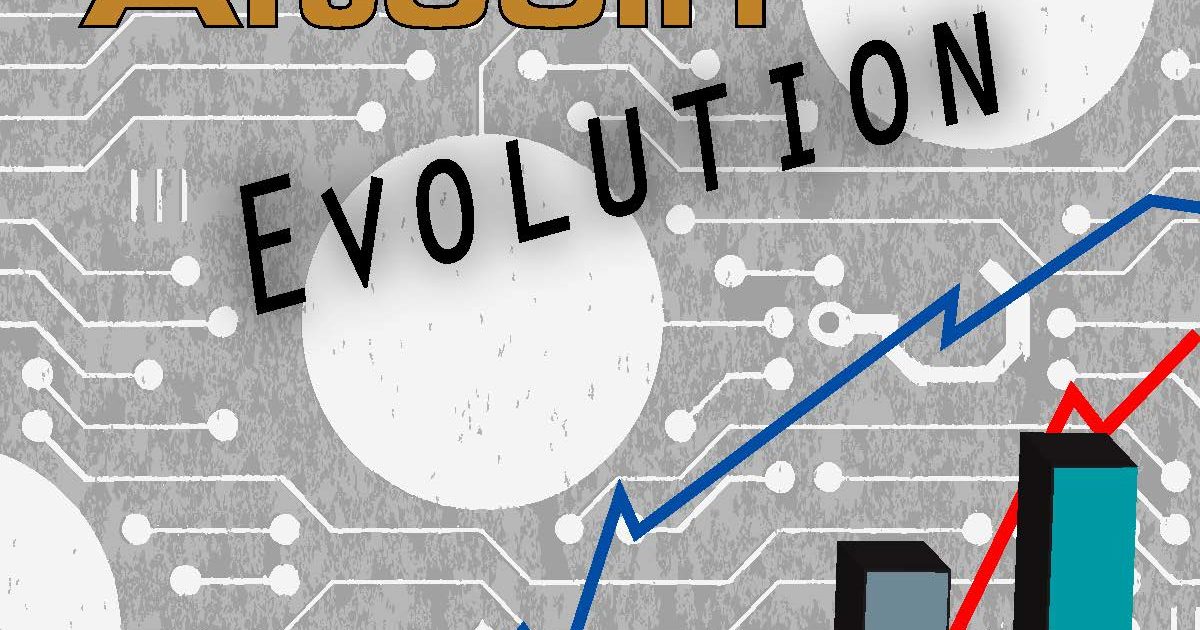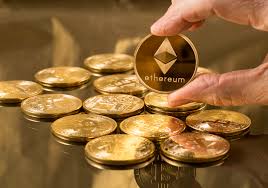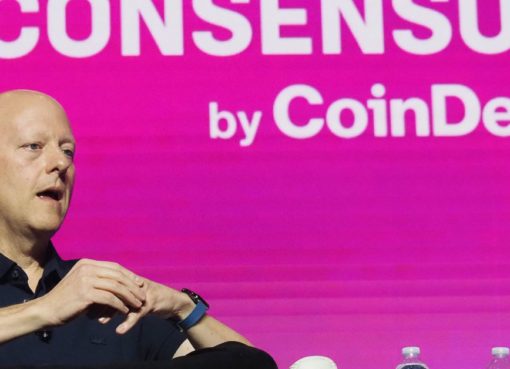With the ever-changing landscape of tech development and crypto innovation, regulation tends to lag behind in order to have time to react to what’s happening. Many altcoin projects are currently growing exponentially as they are exploring largely untouched use cases. As the tech continues to proliferate and expand, more and more “problems” are arising that require solutions.
This obviously provides more space for viable contenders to occupy in a crowded market. This provides a robust growth argument for many altcoins, but there is a catch. The giant growth gains are fantastic, but we also must consider that large corporate banks do not tend to react positively to any challenges to their dominance of the financial industry. The Federal Reserve and other federal government bodies certainly have an eye open to the chaos as well. Ripple (XRP) is a prime example of this, as the project has been experiencing ongoing back-and-forth dialogue with the SEC for some time now, all while still sitting in the top 10 of token market caps.
The Altcoin Evolution: The Lay Of The Land
At this point, it’s rather difficult to predict the trajectory of these contingencies. Regulation is always a few steps behind, but it is a certainty. Despite these hurdles, which are far-reaching and constantly evolving, every project must have growth objectives. As we have with past publications of “Altcoin Evolution”, we will continue to look at the emergence of projects impacting creators, such as those involving NFTs, as prime examples of how difficult these challenges can be for altcoins.
In our last two “Altcoin Evolution” articles, we took a bird’s eye view on the challenges, implications, and importance of factors like use case and accessibility. Now, we’ll take a high level look at the importance of altcoins having a sales pitch. In a world where constraints around marketing and visibility are ever-present, leveraging the aforementioned use case and accessibility assets for projects is vital in “selling” how respective projects stand out.
Polygon has been leveraging it's versatility and low gas fees as major selling points in the DeFi market. | Source: MATIC-USD on TradingView.com
Related Reading | Cardano Founder Responds To Criticism Over New Crypto Partnership
Setting The Stage
As mentioned in the previous iteration of “Altcoin Evolution”, the brass at OnlyFans attempted to rebrand themselves as a non-pornographic site, in order to further align themselves with the values of banks that do business with them. At the time of writing, there has been such a huge backlash that the company has been forced to rescind the proposed changes, after receiving assurances that the banks will “support all genres of creators”.
This whirlwind news story is a perfect example of how unique digital currencies can instantly have a utility from where there was none. What projects can take advantage of these opportunities, and have the ‘stickiness’ of a sales pitch that can resonate with crypto consumers?
2021 has been a booming year for altcoins. At the beginning of the year, bitcoin made up about 70% of the crypto market. By July, that number was down to about 48%, according to TradingView. There are over 10,000 altcoins all vying for a slice of this growing market.
Whether a project is a meme token, a DeFi utilization tool, or an NFT platform, one thing remains constant: increasing accessibility and informing consumers about ubiquitous project utilization will be paramount in selling a project to potential investors or users.
Break Down The Buckets
We see altcoins best sales pitches carrying typically one (or sometimes multiple) numbers of these buckets:
- Partnerships & IP: Most often utilized in NFT projects but also running the gambit in crypto, partners or IP of value can make crypto projects special and unique – all the project has to do is utilize them appropriately. Loud advocates (see: Elon Musk and Dogecoin) in this case fall into the ‘partners’ bucket, despite often being informal ones.
- Aggressive Interest Rates Or Rewards: Airdrops are often a hot topic in crypto, and aggressive interest rates from DeFi and CeFi lending platforms have built massive firms in short time with companies like BlockFi and Celsius. Rewarding platform users sustainably is a sales asset that is tough to top. Crypto consumers are increasingly savvy on what means of rewards are sustainable and viable for long-term engagement.
- Decentralization: Crypto’s core is decentralization, so centralized platforms often get flak for this exact reason. Rarible is an NFT platform that recently unveiled a model of increased decentralization with mostly positive feedback.
- Versatility: Polygon ($MATIC) has gained major ground in the DeFi landscape for it’s scalability and adaptability.
- Low Cost: At the end of the day, the cost can be king. Many users have flocked to low-cost tokens simply for the ability to buy a cheaper token, and additional price factors (such as gas fees) often get factored into the equation by more savvy veterans.
These are the major buckets that crypto projects can lean on to spread word with consumers. How they go about spreading that word has often boiled down to building community – which is why Discord and Telegram have become so prominent for crypto users.
That wraps up “Altcoin Evolution” with regards to challenges for emerging altcoins. In our final installment next week, we will wrap up the series with a summarizing piece that recaps everything we’ve covered so far, and answers the simple question… what should altcoins be doing in today’s market?
Thanks for stopping by – we’ll see you next week.
Related Reading | 60K ETH Exit Exchanges, Here’s Why It’s Bullish For Ethereum
Charts from TradingView.com, Image courtesy Jerry Sena




